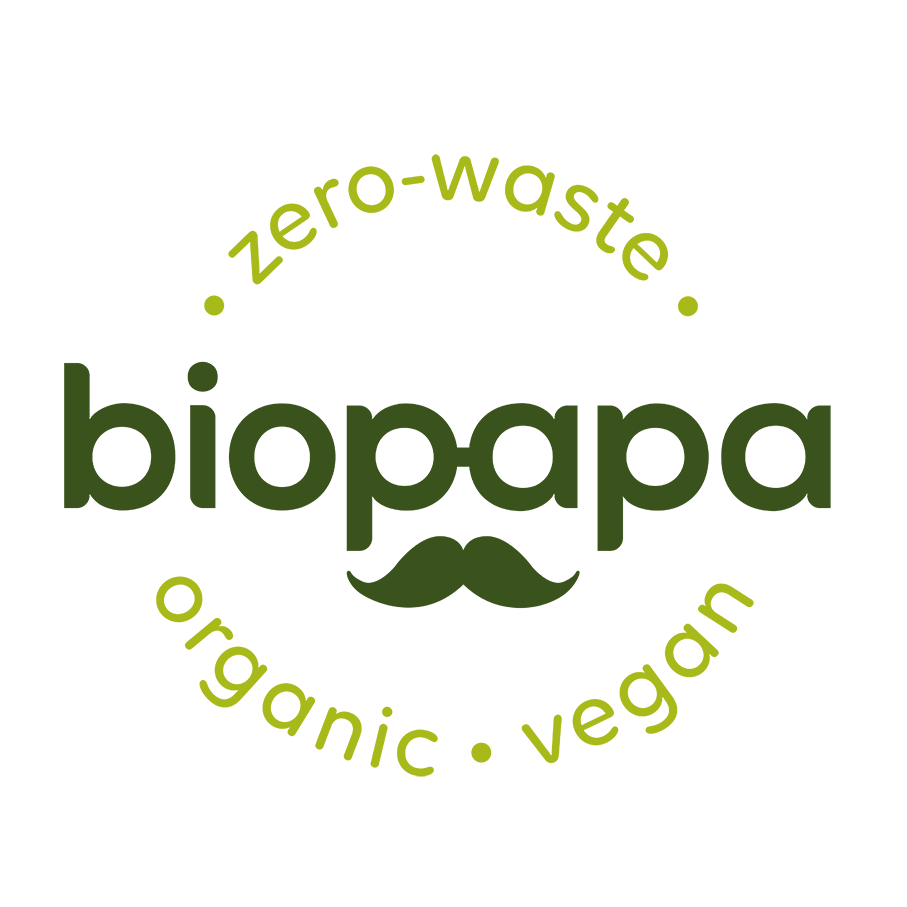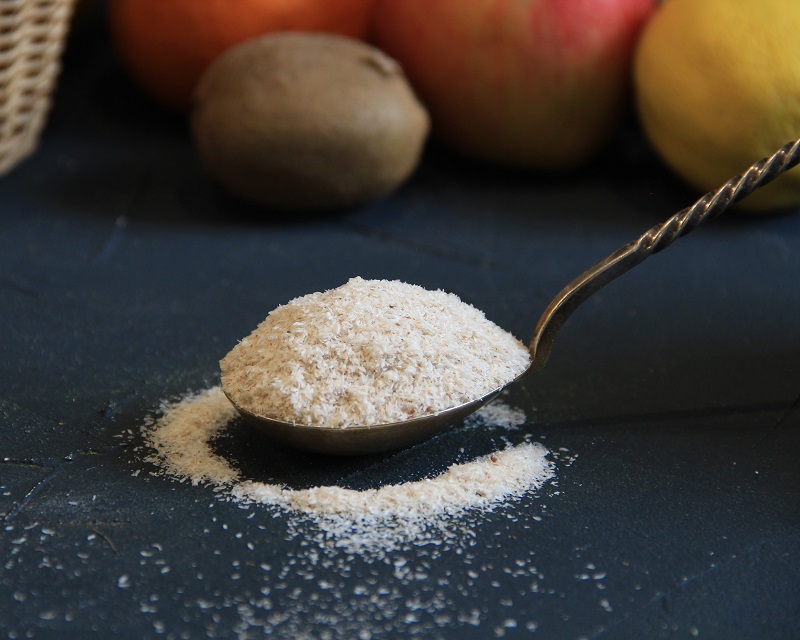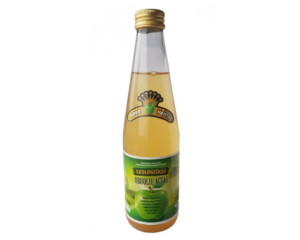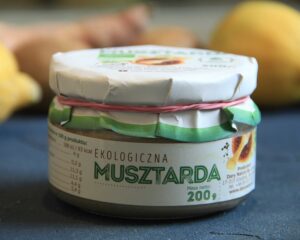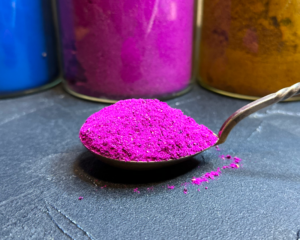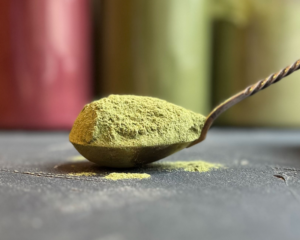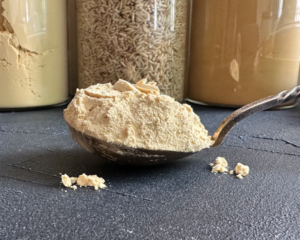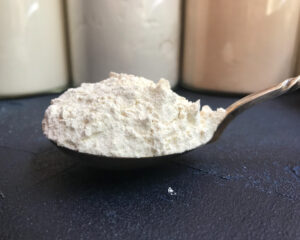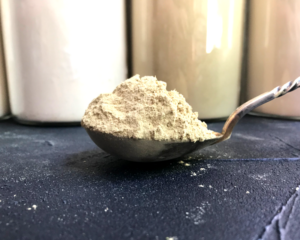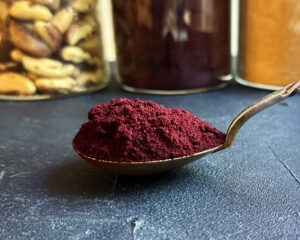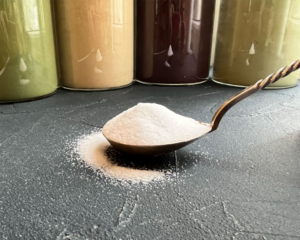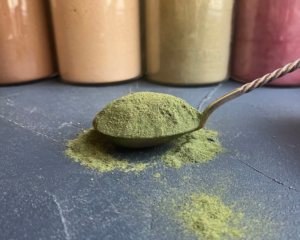The seed husks of crushed organic psyllium, or Indian tea plant, are obtained from the seeds of Plantago ovata, a plant that grows in Western Asia and the Mediterranean. This plant has been cultivated for centuries for medicinal and dietary purposes. The name ‘psyllium’ is derived from the Greek word ‘psulla’, meaning ‘flea’, which refers to the plant’s small flea-like seeds. Psyllium has been used since ancient times for its health benefits. It has digestive properties and its seeds and husks were often used to alleviate various digestive problems. Over time, it has become popular in different parts of the world as studies have shown that it can support digestion, manage cholesterol and regulate blood sugar.
Psyllium is popular today in many forms, including whole seeds, seed shells and powders. It has been recognised for its role in promoting regular digestion, heart health and blood sugar control. Psyllium husks are an excellent source of fibre. They absorb water well and form a gel-like substance in the digestive tract that helps with regular defecation. It can be particularly useful for those who experience constipation. The fibre in seed pods promotes a feeling of fullness, which can help reduce appetite and calorie intake. Some studies suggest that regular consumption of psyllium seed husks may help lower LDL (bad) cholesterol levels, which may reduce the risk of heart disease. Fibre can also slow down the absorption of sugar and help stabilise blood sugar. It can be useful for people with diabetes or at risk of developing the disease. Psyllium husk can be used as a probiotic to promote the growth of beneficial gut bacteria. A healthy gut microbiome is linked to many aspects of overall health, including immune function and mental well-being.
Attention! Psyllium husk can cause gas, bloating or abdominal cramps in some people, especially if taken in large amounts or without enough water. In rare cases, however, people may be allergic to these seed pods and may experience symptoms such as itching, hives or difficulty breathing. Psyllium husks can interfere with the absorption of certain medicines, so it is very important to take them separately from prescription medicines. This product is intended for adults.
Usage:
To relieve constipation, take psyllium husks with plenty of water as their fibres absorb moisture to soften stools. About 5 g three times a day with a glass of water is recommended.
Psyllium husks can also help with diarrhoea if taken with less water. 3-4 g three times a day is recommended.
Psyllium husk is commonly used to add fibre to food. They can be mixed with water or added to smoothies, yoghurt, porridge or muesli. The recommended daily allowance is 5-10 g or 1 tablespoon.
Sources: https://www.medicalnewstoday.com, https://www.verywellhealth.com
NB!
The information provided here should not be interpreted as a recommendation for treatment or other types of health problems.
We recommend that you make personal health decisions after evaluating various sources of information.
